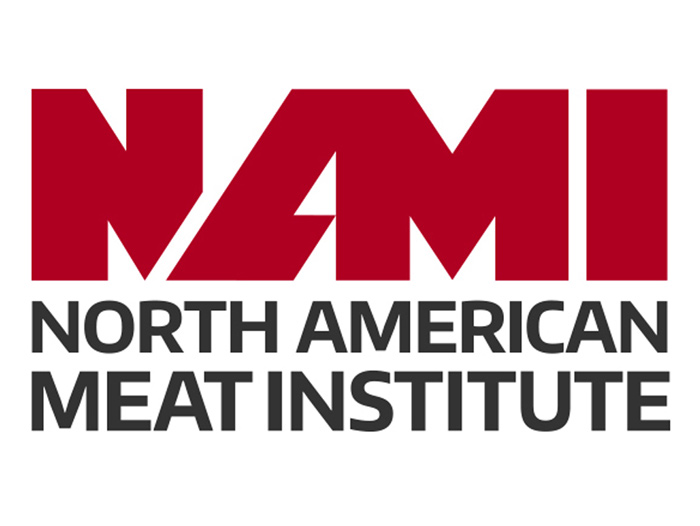North American Meat Institute to House Judiciary: Meat & Poultry Industry not to Blame for Inflation
January 19, 2022 | 2 min to read

WASHINGTON, DC – The North American Meat Institute (Meat Institute) today said consumers saw increased meat prices in 2021 because of labor shortages, greater consumer demand, supply chain problems and other factors experienced by most sectors of the economy.
“Inflation is hurting consumers by erasing the wage gains workers received due to the tight labor market and the pandemic,” said Julie Anna Potts, President and CEO of the North American Meat Institute. “It is no wonder the Biden Administration and some members of Congress would rather hold press conferences and hearings instead of addressing the labor shortage and supply chain bottlenecks.”
The Meat Institute submitted additional testimony for a hearing of the House Judiciary Subcommittee on Antitrust, Commercial, and Administrative Law called, Reviving Competition, Part 5: Addressing the Effects of Economic Concentration on Americas Food Supply.
The testimony is here.
The Meat Institute provided important context to antitrust allegations.
“The meat packing industry has been, and continues to be, one of the most highly scrutinized industries when it comes to antitrust review,” said Potts in the testimony submitted. “The USDA Agricultural Marketing Service’s (AMS) Packers and Stockyards Division (P&S) is uniquely charged, by statute, to provide on-going oversight for fair business practices and to ensure competitive markets in the livestock, meat, and poultry industries. Additionally, any potential merger or acquisition regulators believe threatens ‘too much market power’ is subject to review by the Justice Department or the Federal Trade Commission. The last proposed merger of two of the ‘big four’ fed cattle slaughterers occurred in 2008 – and it was blocked by the Department of Justice.”
About North American Meat Institute
The Meat Institute is the United States’ oldest and largest trade association representing packers and processors of beef, pork, lamb, veal, turkey, and processed meat products. NAMI members include over 350 meat packing and processing companies, the majority of which have fewer than 100 employees, and account for over 95 percent of the United States’ output of meat and 70 percent of turkey production.
